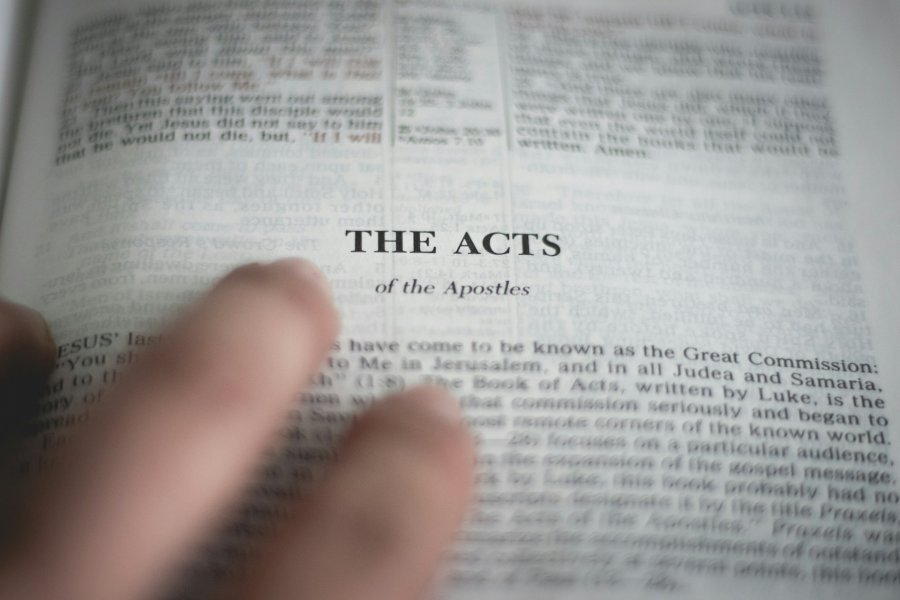When we think about 'church', what kind of thing comes to mind? Do we think of somewhere we want to be? Do we think of people we want to be with? Perhaps there's a sense of obligation—the requirement to be in a particlar place at a particular time—or that it is just what you have always done.
Should there be something more?
The short answer is yes. Christian communities, churches, have always been places that people have wanted to be, and wanted to join. The primary function of the church is to know, proclaim, and live out the truth. What does that look like? What do we see the church living like, as it begins?
Acts
Immediately after Pentecost, and the conversion of around 3,000 new believers, Luke records how the early church lived:
All the believers were together and had everything in common. They sold property and possessions to give to anyone who had need. Every day they continued to meet together in the temple courts. They broke bread in their homes and ate together with glad and sincere hearts, praising God and enjoying the favour of all the people. And the Lord added to their number daily those who were being saved. Acts 2:44-47 (NIV)
The early believers met together, ate together, and supported one another day-to-day. Luke records that those who had supported those who did not have. There's no suggestion that they lived in a commune-type arrangement, or held their goods in common (cf. Article XXXIX). As Luke continues his record, we read the story of Joseph and then Ananias and Sapphira (Acts 4:36-5:10), both of whom sell land and give the money to the church. The difference that resulted in the judgement and deaths of the latter was not the withholding of some of the funds, but lying about it.
Then Luke reaches the first complaint in the early church: how to manage the feeding of the widows who were in need. In a community that claimed that there was no needy person (Acts 4:33-34), this was a potentially huge problem. The way Christians look after each other, particularly their own, is seen by everyone.
the true measure of any society can be found in how it treats its most vulnerable members Gandhi (1869-1948)
Early Church History
The early Christians lived radically differently lives. They cared for the poor and needy - even those who weren't part of their family, tribe, or religion, they stayed behind during plaques, and rescued abandoned babies (5 Features That Made The Early Church Unique).
The historian Tom Holland, in a conversation with Justin Brierly, says that "the idea that all human beings have a fundamental equality: that differences of race or gender or class fundamentally shouldn't matter; that human beings have rights" come from Christianity (History Maker, from 40:20).
The Christian worldview, and the way it was lived out, was so entirely different from the prevailing Roman culture that it brought about both conversion and persecution. This was attractive to individuals, but threatening to the status quo.
Where did this all come from? Jesus Christ, who saw no-one as too far from God. From the teachings of the Apostles, who saw the image of God in all people, and who lived it and taught it.
The Church Now
Is all this just a call to social action? Should the church make a priority of compassionate care? No.
The fundamental mission of the church remains the same: to evangelise and to disciple. That mission hasn't changed. Our outward looking service, because of God's goodness to us, continues.
This is, however, a call to demonstrate our faith in the way that the church live together, and how we live more widely. It is a call to live in community, and to build community. It is to be part of a community that doesn't just welcome the presence of others, but actively encourages it, and is one that is attractive to be part of.
